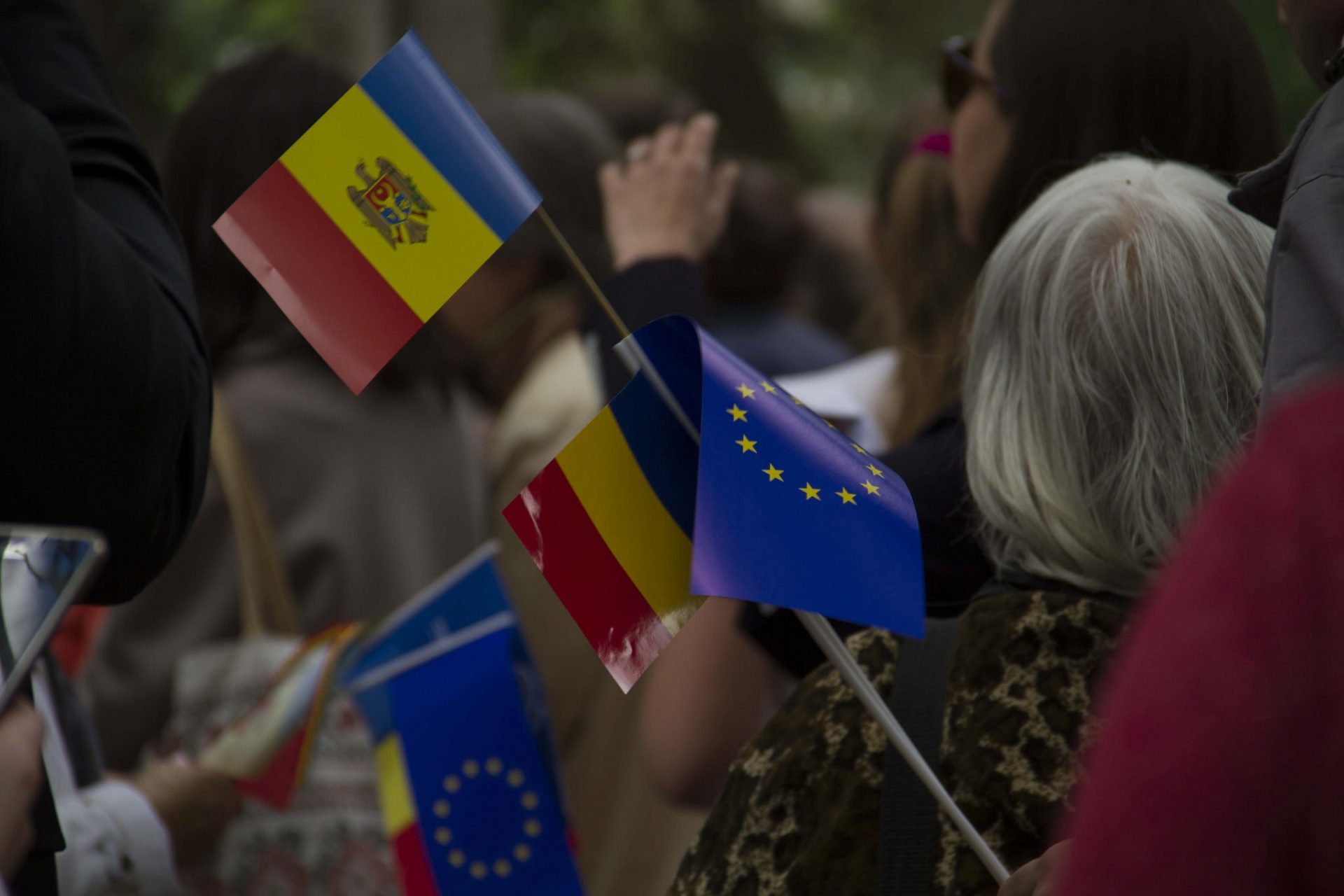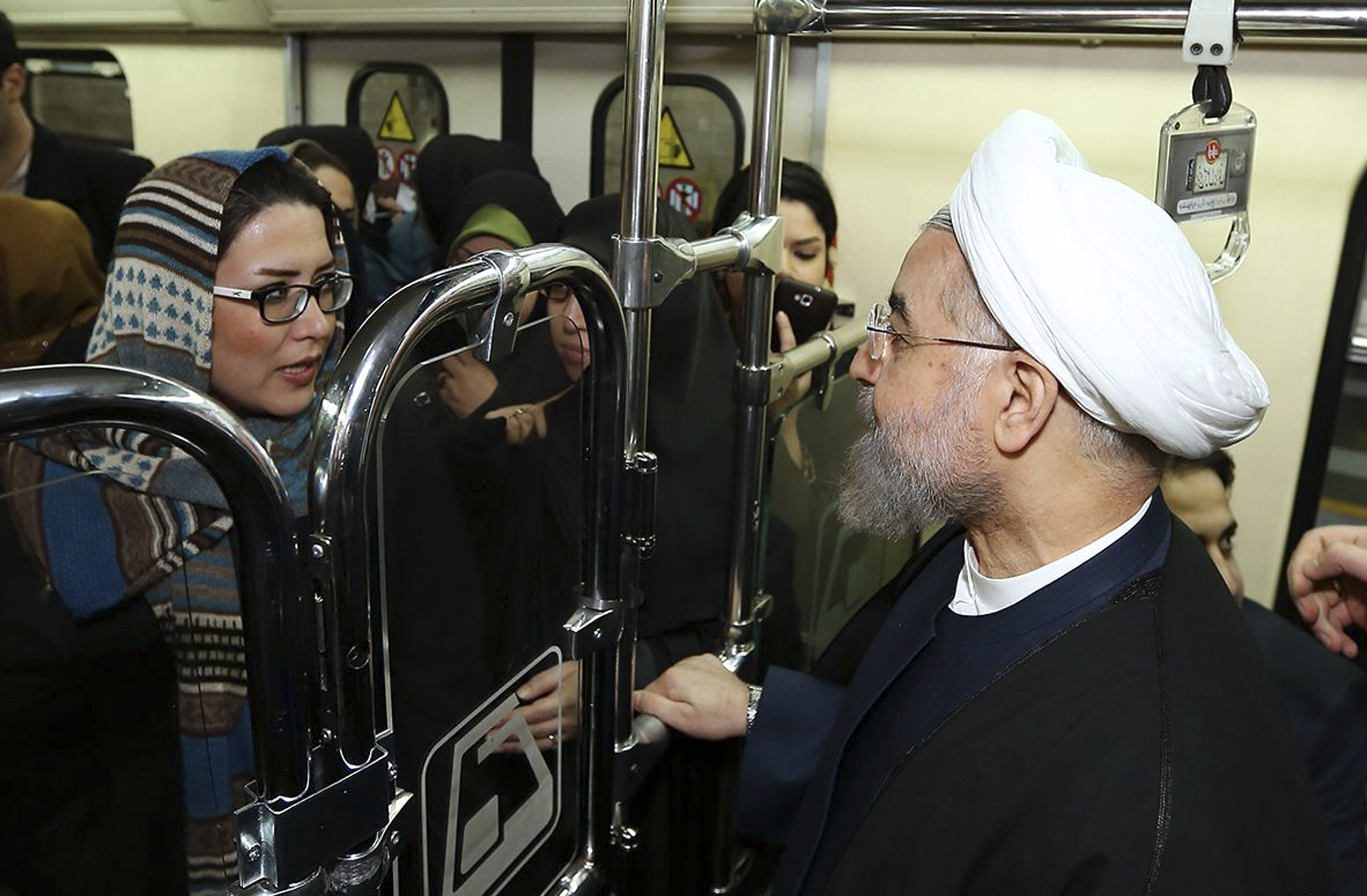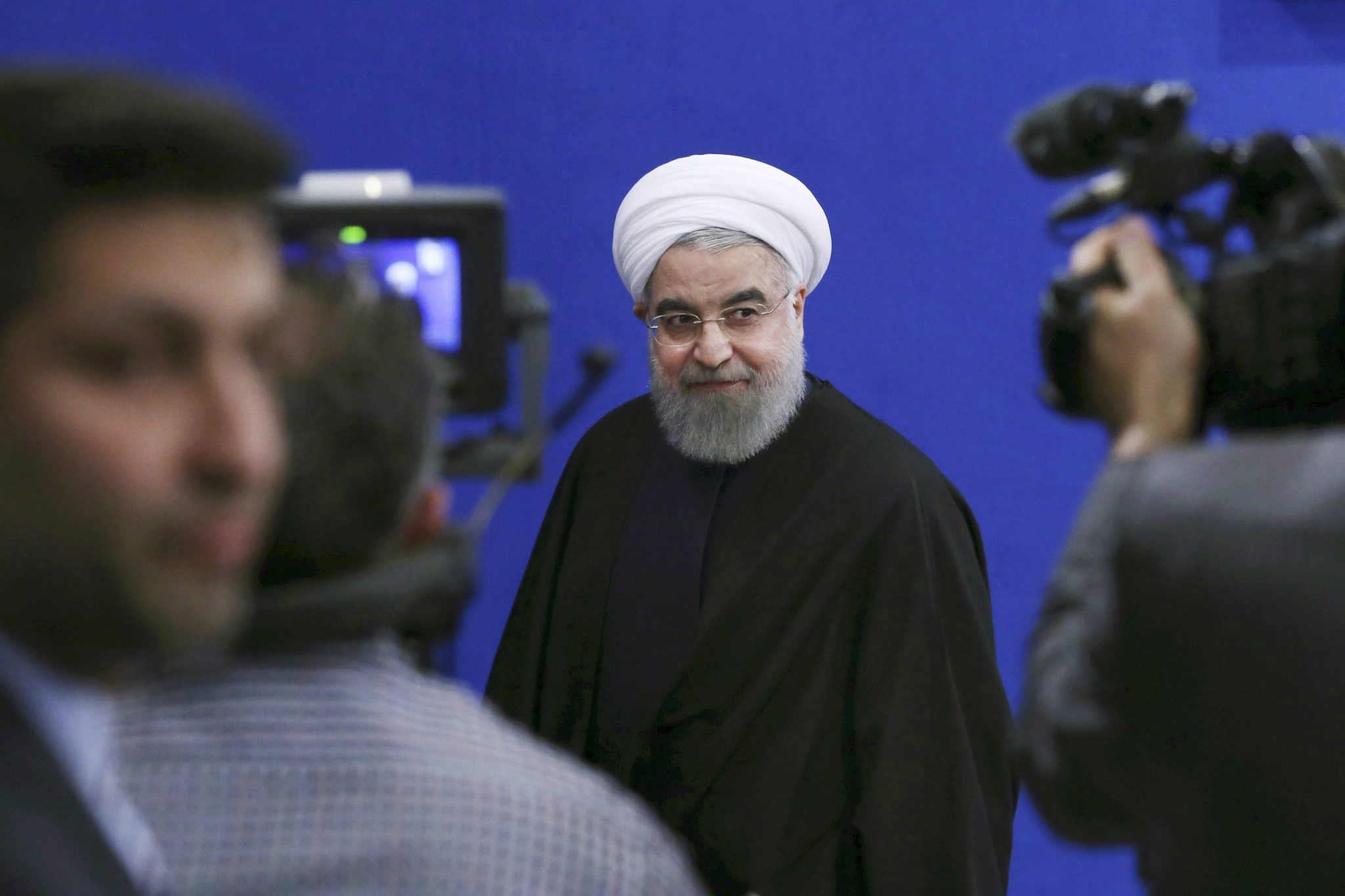
The Republic of Moldova heads into months of uncertainty and political negotiations, as no party managed to win enough seats to form a government. Only four parties managed to enter into Parliament and establishing a coalition will be difficult as the three major parties ruled out alliances between them. What is clear is that it is very likely that the Republic of Moldova’s administration will continue to be captured by the Democratic Party of Moldova and that its relationship with the EU will continue to be troublesome.
The biggest winner of the election is the Democratic Party of Moldova (PDM), the ruling party of the Republic of Moldova, which came third with 23,62% of the popular vote. Due to the implementation of a mixt electoral system, which consists of both uninominal and national constituencies, PDM will be the second largest group in Parliament with 30 MPs, as it performed well in the uninominal constituencies (it won 17 seats more than the other parties). PDM’s result is surprisingly good, considering its corrupt and oligarchic reputation and its role in Republic of Moldova’s failure in implementing the reforms under the Association Agreement with the EU. PDM will try to become the biggest group in Parliament by recruiting MPs from other parties in order to have a strong argument to be mandated by president Dodon (PSRM) to form a government.
The biggest loser of the elections is, paradoxically, the Party of Socialists of the Republic of Moldova (PSRM). Despite ranking first with 31,15% of the vote, which translates to 35 seats, it performed worse than expected, as opinion polls estimated prior to the elections that it will win around 40% of the popular vote. One of the main reason for the bad result is Ilan Shor’s Party (The Shor Party), which targeted the Russophone population, PSRM’s electorate. The Shor Party gained 8,32%, which translates to 7 seats and many indicate that Ilan Shor is just a marionette of Plahotniuc, PDM’s leader, who specifically had the goal to weaken PSRM. The new political configuration of the parliament gives PSRM a difficult mission in forming a governmental coalition.
Another big winner of the election is ACUM (translation: Now), an electoral alliance between Action and Solidarity Party (PAS), led by Maia Sandu and Justice and Truth Platform Party (PPDA), led by Andrei Nastase. Although the two parties are relatively new to the Moldovan political stage (they were both founded in 2015) they managed to convince a significant number of Moldovans that they represent a sincerely pro-european alternative to the oligarchic PDM and pro-Russian PSRM.
Notable to mention is that the Party of Communists of the Republic of Moldova (PCRM), led by the former president of Moldova, Vladimir Voronin, failed to enter into the Parliament. PCRM was the ruling party of Moldova between 2000-2009 when it held both the presidency and parliament. After a series of weak electoral result in parliamentary and local elections and after most of its MPs switched to PDM or PSRM, it seems that this election is the final nail in the coffin for the communist party.
According to many analysts such as Armand Goșu, Dan Dungaciu and Valentin Naumescu, PDM used its position to implement a series of measures that facilitated its campaign in obtaining a higher number of mandates. The most impactful decision was the implementation of a mixt electoral system, despite the recommendations of the Venice Commission to not pursue such changes. The Venice Commission argued in its opinion about the change, that
in the present Moldovan context, the proposed reform could potentially have a negative effect at the constituency level, where independent majoritarian candidates may develop links with or be influenced by businesspeople or other actors who follow their own separate interests
The concern of the Venice Commission was well-founded as three independents that won in their constituencies have strong links with Plahotniuc and are likely to join PDM’s parliamentary group. Furthermore, according to Transparency International and various organizations, PDM applied techniques of gerrymandering and malapportionment in the delimitation of the uninominal constituencies in order to make it easier for itself to win the respective seats. PDM gained the 17 seats in uninominal constituencies, more than the other parties, which shows that the change of the electoral system was strongly based on self-benefit.
Another measure taken to facilitate PDM’s victory was the restriction of Moldovans from abroad to vote using expired passports, despite the fact that most diasporans have expired passport and it was an eligible document for previous elections. This measure was specially tailored to limit ACUM’s electoral score abroad, as diasporans are traditionally voting with pro-European parties. As well, as most of the television channels are controlled by PDM’s leader, Vladimir Plahotniuc, the oligarch restricted ACUM’s leaders from appearing on television to campaign.
During Sunday, on election day, the opposition, political analysts and civil society argued that PDM used tactics that break electoral laws, such as voter transportation from Transnistria to other polling stations, voter corruption and the recruitment of mayors and other local elected official prior to the election.
The 2019 parliamentary election indicates that PDM managed to create an „electoral machine” that it can use in gaining votes and lashing on political opponents. The use of such techniques presents many challenges for the pro-European NGOs and political parties from Chisinău. It is expected that PDM will continue to lash on its opponents using the judiciary, as it did last year when a court annulled the result of Chisinau’s municipality elections, when Andrei Nastase, PPDA’s leader, won the election. As well, PDM’s grip on the administration will increase by recruiting local mayors and politicians, as Plahotniuc is very resourceful and the favorite in forming the next government and becoming the prime minister.
There are two possibilities for the formation of the next government and in both scenarios, PDM is the main actor. The first and most likely scenario is that PDM will enlist the three independents that won in their constituencies, recruit a number of MPs from PSRM and make a governmental coalition with Illan Shor’s party, an old business partner of Plahotniuc. PDM has a reputation for using such tactics as although at the 2014 parliamentary elections it won only 14 mandates, it managed to form the government by itself in 2016 after recruiting 43 MPs from other parties.
The second scenario is that PDM will make a coalition with PSRM on a „Pro-Moldova” platform, meaning that the PDM-PSRM coalition will focus on solving the Transnistrian crisis. So far, every party that associated itself with PDM suffered harsh electoral defeats in the next elections. PSRM is not invulnerable from political dissolution, as becoming coalition partners with PDM will contradict its anti-oligarchic and anti-EU rhetoric that it used since its inception. Snap elections are likely to not be held as the parties already invested a significant amount of resources in the campaign.
Some suggested that ACUM could enter into a governmental coalition with PSRM on an „anti-oligarchic” platform or with PDM on a „pro-European and stability” platform. Both moves would represent huge mistakes that would compromise the electoral bloc in the eyes of their voters and supporters. ACUM will stay in the opposition where it will pursue its pro-EU, anti-corruption and anti-oligarchic agenda and where it will prepare for the next elections.
What does the result of the elections mean for the geopolitical direction in which the country is headed? Until a government is formed there cannot be made any solid predictions. Although PDM brands itself as pro-European, few in Brussels believe that. The Republic of Moldova, under the leadership of PDM, failed to implement the necessary reforms under the Association Agreement. Moldova’s relation with the EU went cold after Andrei Năstase’s victory in Chisinau’s race for mayor was annulled by the judiciary and after Moldova continues to be plagued by corruption.
PDM is not a credible partner at Brussels anymore. EU will continue to link financial assistance to Moldova with progress in the implementation of the reforms demanded through the Association Agreement and on the independence of the judiciary. Romania, Moldova biggest ally in the EU and biggest trade partner, adopted the same firm stance and demands progress in implementing the must need reforms and an independent judiciary in exchange of development funds. Either that the Republic of Moldova will have a solely PDM government, either that it will have a PDM-PSRM government, it is likely that there will be no progress in the implementation of reforms or in the independence of the judiciary.



